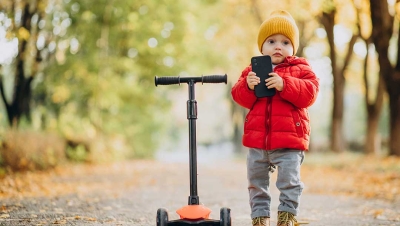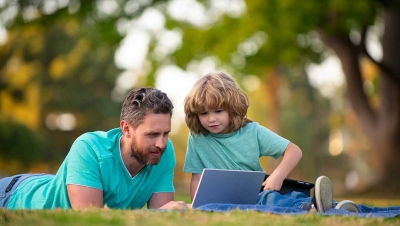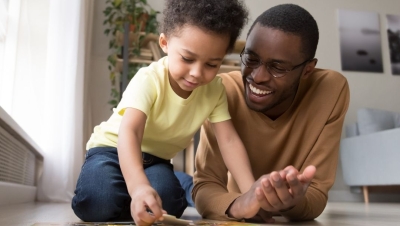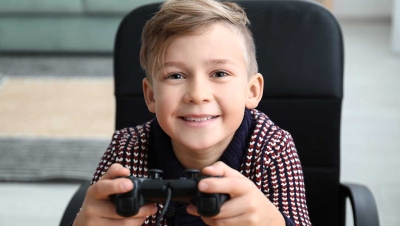Games
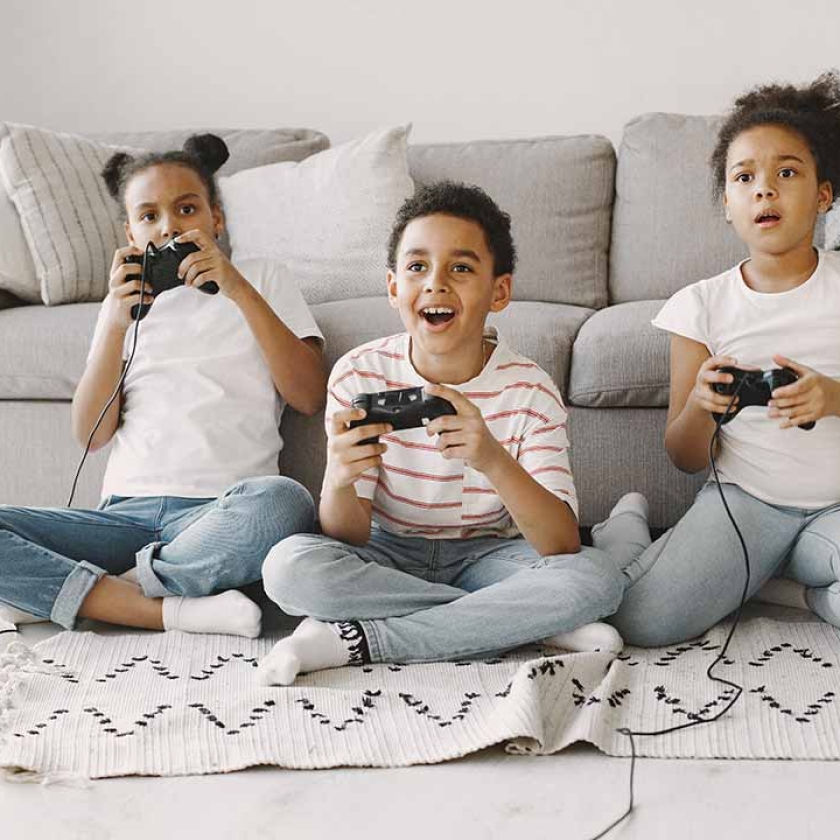
Video games have become a prevalent form of entertainment and leisure for many, offering immersive experiences and interactive challenges. However, the issue of screen time limits has become a central concern, especially when it comes to children. Striking a balance between the benefits of play and the potential drawbacks of excessive screen time is crucial. Video games, when played in moderation, can provide cognitive benefits, enhance problem-solving skills, and promote teamwork in multiplayer settings. They offer an avenue for relaxation and creative exploration. Yet, setting boundaries and time limits is essential to ensure that screen time doesn't overshadow other essential aspects of life, such as physical activity, social interaction, and face-to-face play. Finding this equilibrium between the digital and physical realms is the key to harnessing the positive aspects of video games while maintaining a well-rounded and healthy lifestyle.










